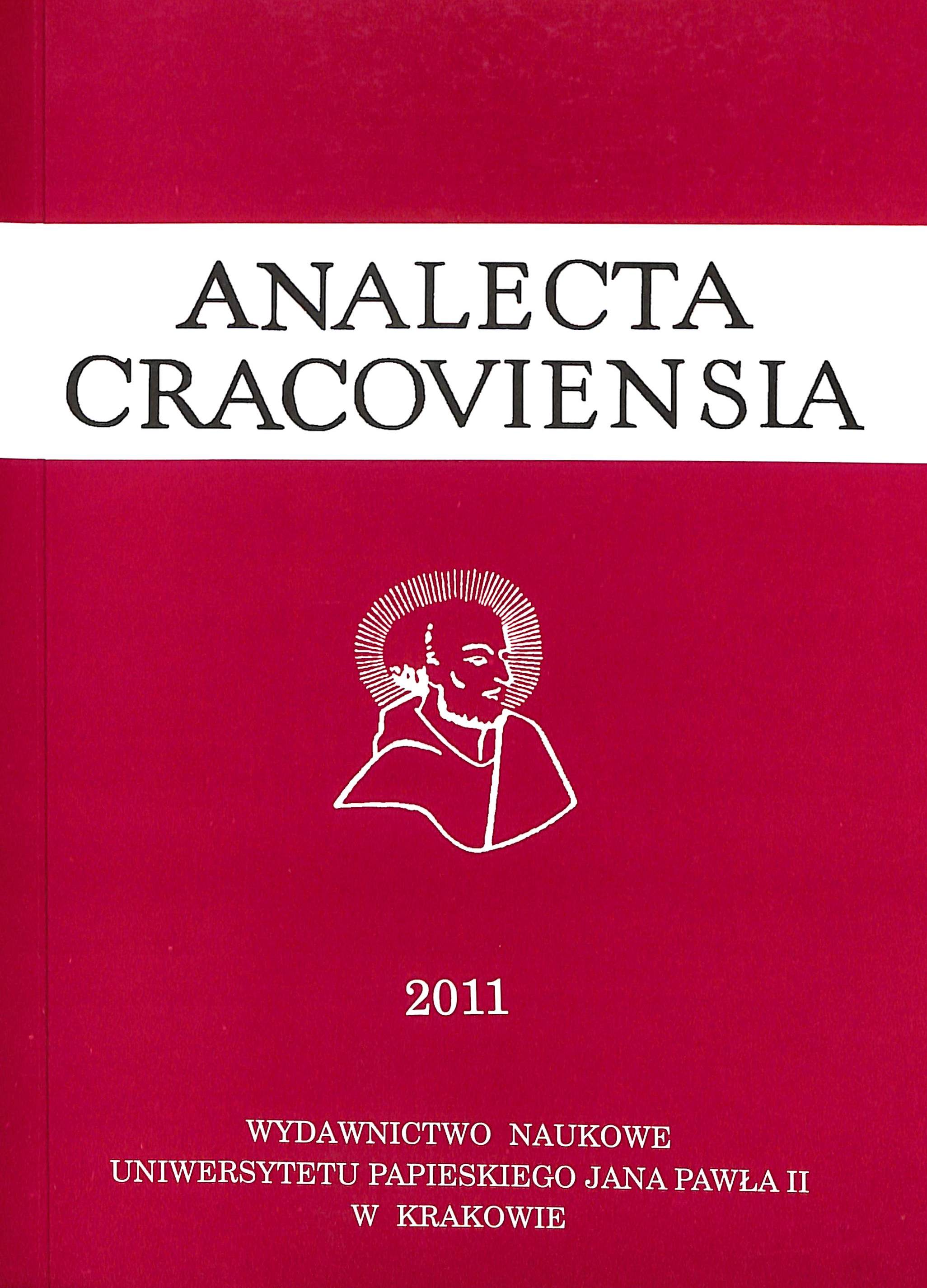The role of thinking in religious and magical interpretation of reality
DOI:
https://doi.org/10.15633/acr.4301Keywords:
interpretation of reality, religious thinking, magical thinking, religion, magic, psychologyAbstract
It is difficult to precisely point out elements which are characteristic solely for religion or solely for magic. Due to this, the objective factor seems to be insufficient in accurate determination of a demarcation criterion between religion and magic. Therefore, there is a necessity of looking for other criteria allowing for such distinction. Thinking, as a subjective and relational category, seems to be a good opportunity for overcoming this difficulty. Three types of thinking differentiated in the article (thinking in the area of a norm, borderland thinking and pathological thinking) enable initial indication of similarities and differences between religious and magical thinking. On the other hand, making references to the texts of Durkheim, Malinowski, Frazer, Goode, Sieradzan, Wypustek or Pindel, i.e. authors who dealt with the relation between religion and magic during ancient times, became a starting point for formulating 13 criteria which differentiate and, at the same time, characterize two styles of thinking: religious and magical.
Downloads
Published
Issue
Section
License
Copyright (c) 2011 Cholewa Marcin, Gilski Marek

This work is licensed under a Creative Commons Attribution 4.0 International License.
Authors who publish with this journal agree to the following terms:
- Authors retain the copyright and full publishing rights without restrictions, and grant the journal right of first publication with the work simultaneously licensed under a Creative Commons Attribution 4.0 International License that allows others to share the work with an acknowledgement of the work's authorship and initial publication in this journal.
- Authors are able to enter into separate, additional contractual arrangements for the non-exclusive distribution of the journal's published version of the work (e.g., post it to an institutional repository or publish it in a book), with an acknowledgement of its initial publication in this journal.
- Authors are permitted and encouraged to post their work online (e.g., in institutional repositories or on their website) prior to and during the submission process, as it can lead to productive exchanges, as well as earlier and greater citation of published work (See The Effect of Open Access).

